Hundreds of Tier 1, 2, & 3 CNC machine shops will need to pivot to more efficient sourcing strategies for purchasing bar stock in 2023. Automating purchasing to keep their supply stocked will be key for smooth and efficient operations going forward.
The Current Situation
ThomasNet has a list of 542 Steel bar stock material providers in the U.S. Including plastics, copper, aluminum, and other exotic materials such as titanium, etc. for aerospace, the number of bar stock providers keeps getting higher. Many of these tiered suppliers in North America deal with even more raw material providers in Mexico, Canada, and the U.S.
CNC machine shops send out dozens (if not hundreds) of RFQs annually to get bar stock quoted to their specific needs.
- Material type
- Shape
- Size
- Quantity
- Cut or standard 48 or other lengths
- Straightened or final finishing
- Bundle handling details
- Shipping details – FOB or Ex Works
- Payment terms
And these are just a few of the items needed to have a complete raw material costing.
The Long Journey from RFQs to Award
Small shops with constrained purchasing team members must then engage in discussions and negotiations with several bar stock suppliers to clarify and confirm details of what they are looking to quote. These exchanges are often conducted through emails, text messages, phone calls, or WhatsApp group chats scattering the information across multiple platforms and people.
CNC machine shops usually use this raw material quote to put together production piece prices for their end customer by adding their process, equipment, and S, G, A, and P.
Finally, after weeks or months when shops may finally be awarded this business, a team member must then find the original supplier quote and send it out for requote for the latest bar stock raw material cost. If a member of the team has left the company or department or the original RFQ can’t be tracked down, it’s time to start the RFQ from scratch which begins the long and tedious process all over again.
Cumbersome ERPs Are not the Answer
Many of the smaller CNC shops end up using antiquated ERP systems along with a captive tool, which improves the process but doesn’t provide a comprehensive digitized solution that can easily be used by a purchasing agent, manager, or owner-operator.
According to Deloitte’s 2021 Global Chief Procurement Office Survey, 76%+ of executives said they were behind on their digitizing goals. Redundancy, inefficiency, and transparency in purchasing at these small suppliers are the likely culprits – primarily because solutions around digitizing led by Ariba (SAP) are incredibly expensive and time-consuming to implement and run.
MESH has developed an eRFQ solution focused on small manufacturers. It was created by manufacturing and sourcing professionals to allow these small manufacturers to send RFQs in hours instead of weeks. It has pre-built templates which allow team members to build an RFQ for any type of bar stock easily and within minutes. Chat capabilities allow buyers to communicate either discreetly or with all suppliers who are quoting their raw material requirements. What’s even better? MESH is available at a cost that small manufacturers can afford with zero onboarding cost. MESH RFQ and SRM (Supplier Relationships Management) solutions were built from the ground up by industry professionals with a focus on manufacturing and purchasing.
If you are a buyer or owner of a CNC machine shop and managing dozens of materials for quotes and for production, MESH can drastically reduce your overall cost and employee time spent on RFQs while improving the quality of your supplier engagement.
Join the age of digital procurement. Reach out to us at info@meshworks.com or visit www.meshworks.com/srm to discover how MESH can streamline your procurement process and help your team exit Excel® Hell.
Excel® is a registered trademark of the Microsoft Group of Companies.




